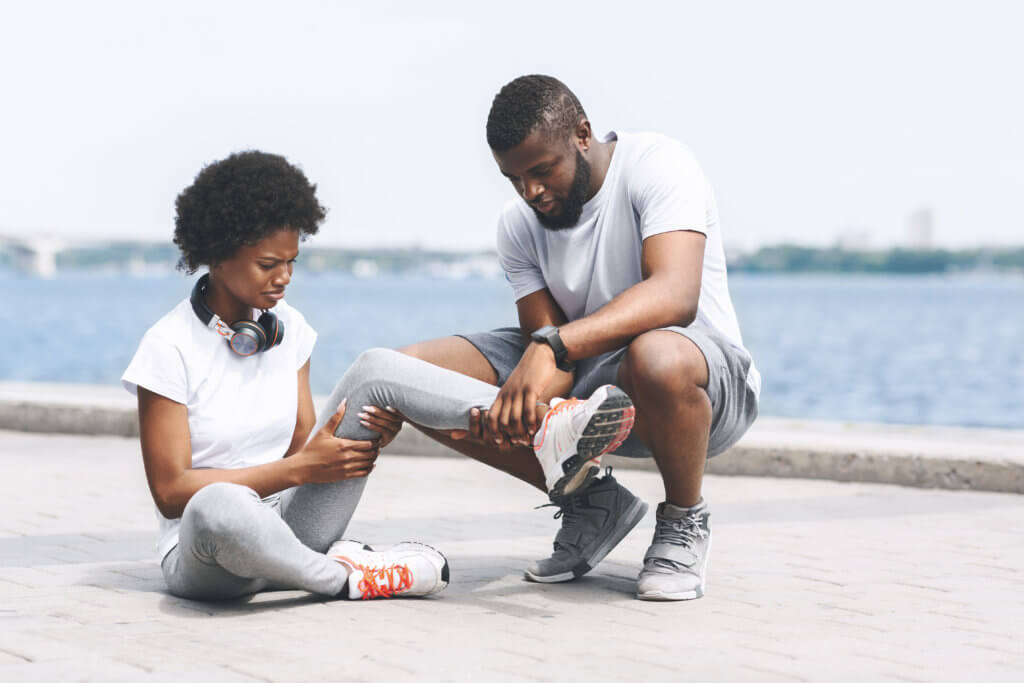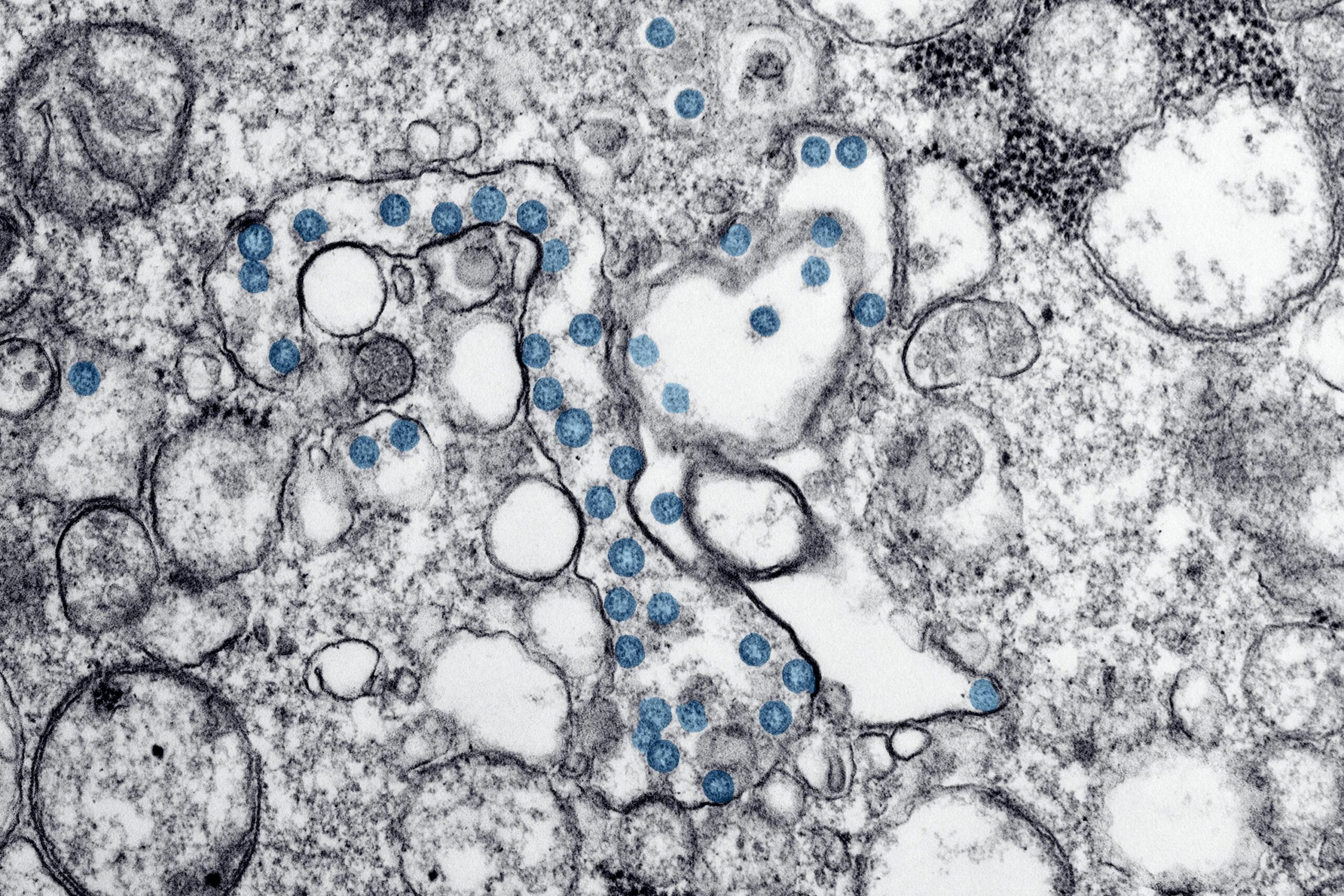Mechanism behind strange connection still a mystery, scientists say
Your ankle sprains may not only be painful for your foot, but it may also harm the trillions of species living in your gut. New research from Ritsumeikan University in Japan finds that a common sports injury called lateral ankle sprains — when the ligaments on the outside of your ankle are stretched beyond their limits — affects gut health as well.
The idea came after considering the sensitivity of the gut microbiome to brain injury or other injuries to the nervous system. The research team hypothesized that altered brain functions caused by lateral ankle sprains could have a negative impact on gut bacteria.
The study investigated the composition of the gut microbiome from male college athletes. Thirty-two had a history of lateral ankle sprains and 18 did not have an ankle sprain or any other musculoskeletal injury. Every participant donated a fecal sample where researchers used DNA extraction assays to study gut bacteria.
Results show that athletes with a history of lateral ankle sprains have a less diverse gut microbiome compared to athletes with no history of injury. While the mechanism behind these changes in the microbiome is still a mystery, the researchers suggest it could come from the neural effects associated with lateral ankle sprain, including psychological stress and/or a pathway between the joints and the gut microbiome, which could promote inflammation.
More studies investigating the relationship between the gut microbiome and lateral ankle sprains may eventually be used to develop future diagnostics or treatments. For instance, having increased bacterial species that promote inflammation such as Bacteroides Fragilis and Ruminococcus Gnavus could serve as a biomarker to identify people who have not completely recovered from their lateral ankle sprain.
“Our study provides a focused area for future research to examine the predictive and diagnostic qualities of gut microbiota diversity in LAS and determine if assessing gut microbiota richness can improve upon the current medical care,” explains Masafumi Terada, senior author of the study.
The study is published in the journal Research in Sports Medicine.











